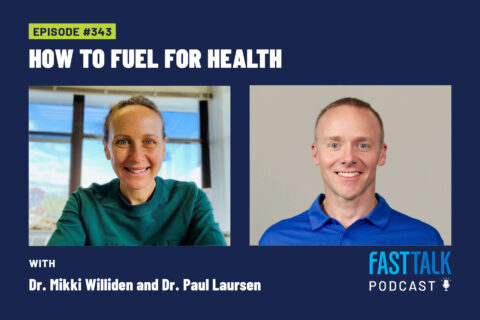
How to Fuel for Health
There’s an important difference between fueling for performance and fueling for health. In this episode, Dr. Mikki Williden and Dr. Paul Laursen give their suggestions on how to fuel for health.
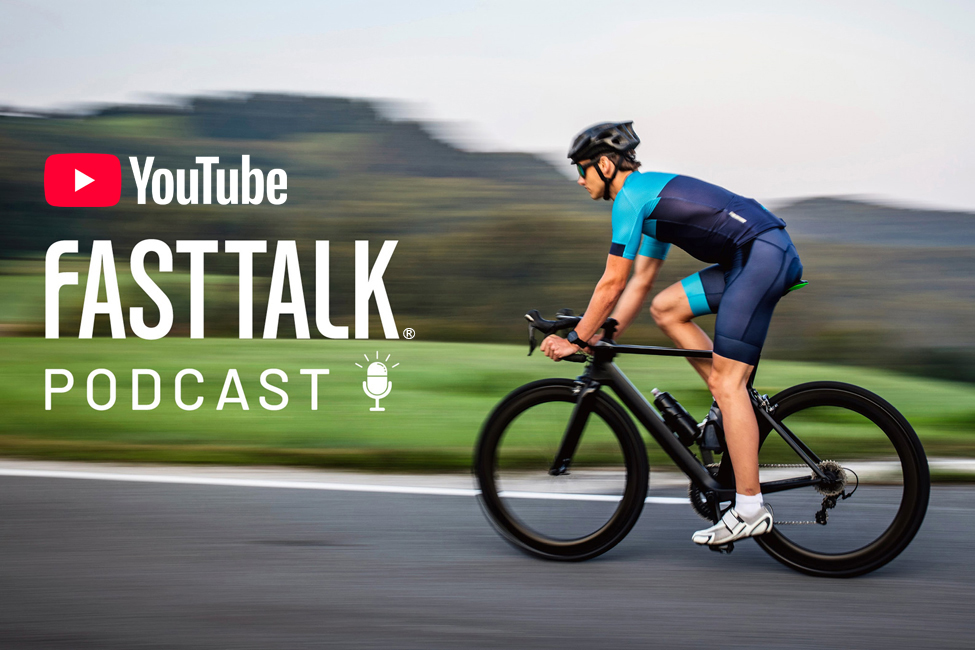
The Fast Talk Podcast focuses on the science of endurance sports in a conversational and informative style. Mixed into the deep discussions, there are tips and takeaways regarding endurance training philosophy, human physiology, workout design, performance nutrition, and sport psychology.
Our hosts Trevor Connor, Chris Case, and Griffin McMath explore these topics with world-class, leading experts on endurance sports. These include researchers like Dr. Stephen Seiler, Dr. Bent Ronnestand, Dr. Inigo San Millan, as well as coaches such as Joe Friel, Neal Henderson, Stacy Sims, and Grant Holicky.
Subscribe to Fast Talk for over 389 episodes on Apple Podcasts, Overcast, Soundcloud, Spotify, Stitcher, or wherever you get your podcasts.
Fast Talk Podcast is now on YouTube! Subscribe now to get 100+ of our best episodes, new releases, and featured videos.

There’s an important difference between fueling for performance and fueling for health. In this episode, Dr. Mikki Williden and Dr. Paul Laursen give their suggestions on how to fuel for health.
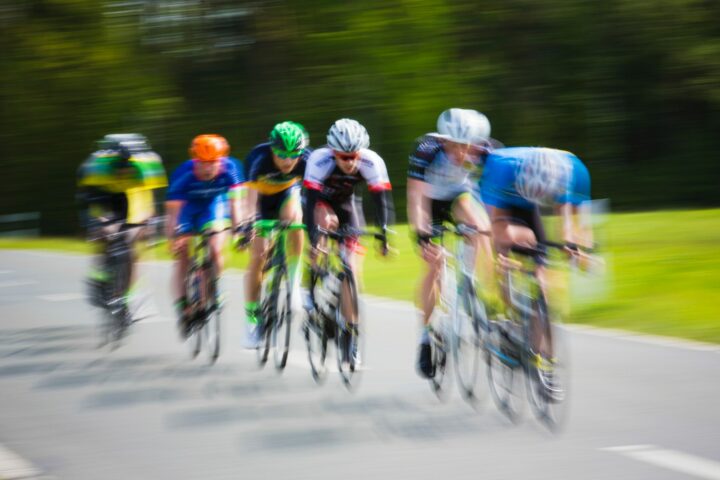
High-intensity training offers many benefits. It also has limitations. We explore just how much HIT work you need to perform at your best.
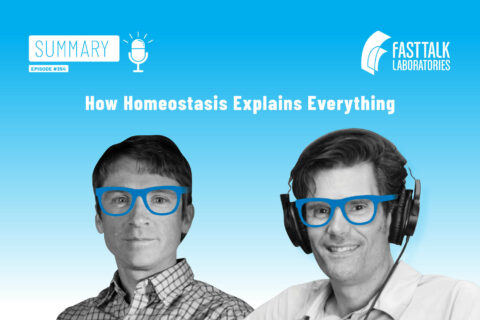
In this summary episode we discuss how homeostasis is at the core of almost every function in our bodies, including how we train and stay healthy.
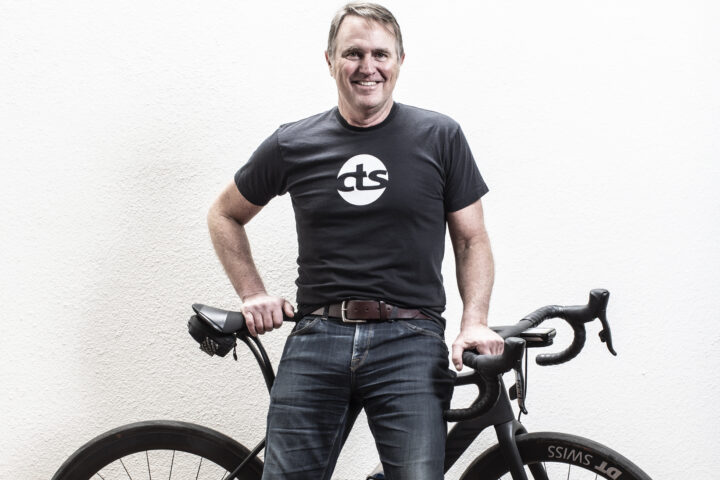
The author of “The Time-Crunched Cyclist” joins Fast Talk to discuss the science, merits, and limitations of the time-crunched training method.
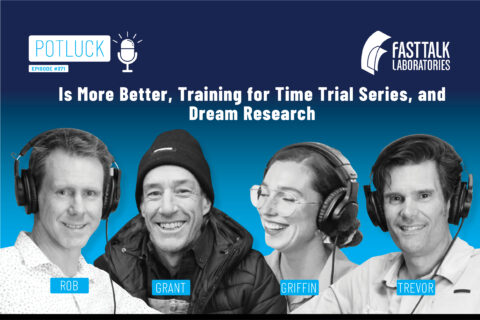
Our hosts talk about why we shouldn’t believe that more is always better, how to build a weekly time trial series into your training, and what research we’d like to see conducted.
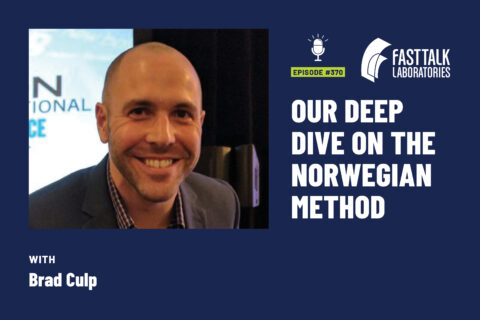
We talk with Brad Culp, author of “The Norwegian Method,” about the main tenets of the training philosophy, as well as who should and shouldn’t apply the method in their training.
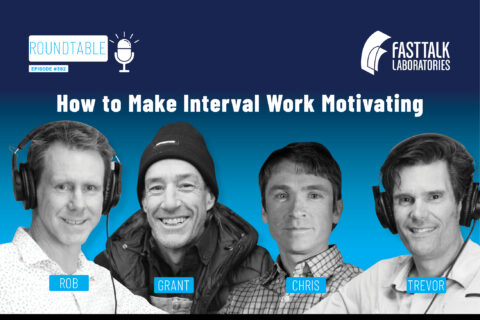
Our team of coaches got together and discussed why we do intervals, how to execute them, and most importantly, how to make them more fun.
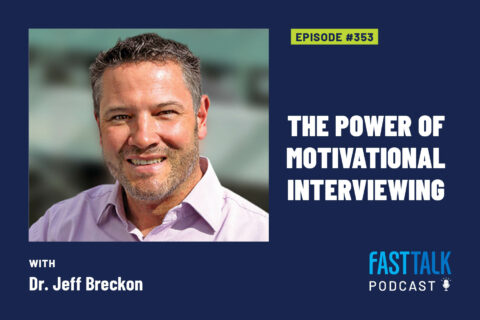
Dr. Jeff Breckon discusses motivational interviewing concepts and techniques to empower coaches to better effect change in their athletes.
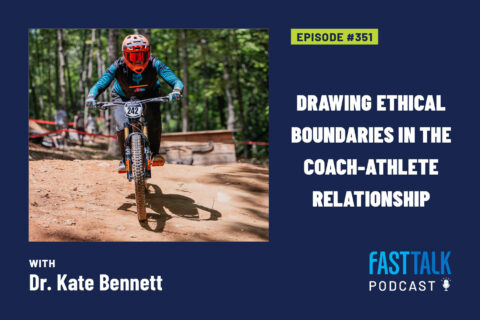
Dr. Kate Bennett discusses ethical boundaries, dual relationships, and power imbalances that both coaches and athletes should be aware of.
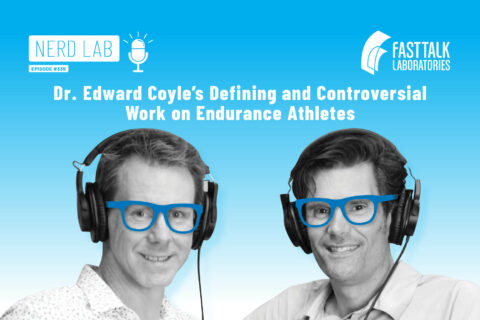
Dr. Edward Coyle was a pioneer in figuring out how endurance athletes adapt and defining what attributes—such as efficiency and fuel utilization—are most important to perform at the highest levels.
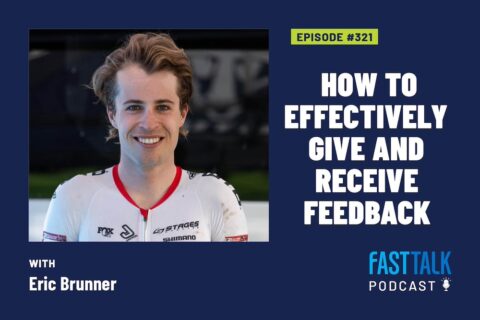
We talk with National Cyclocross Champion Eric Brunner about how to best give and receive feedback—not only in sports, but all aspects of life.
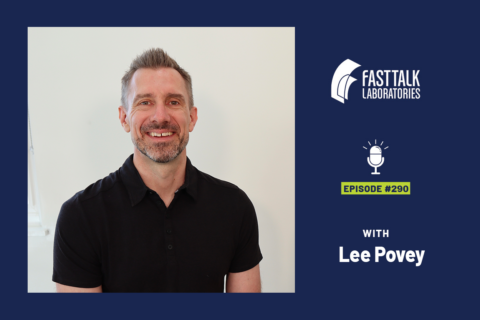
The modern coach often assumes their job is fundamentally self-sacrificing – the athlete always comes first. We talk about why changing that belief can make for a better coach.
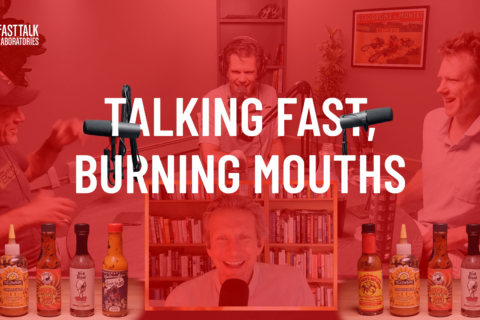
Dr. Stephen Seiler joins Trevor, Rob, and Grant as they ask each other spicy questions while eating hot wings.
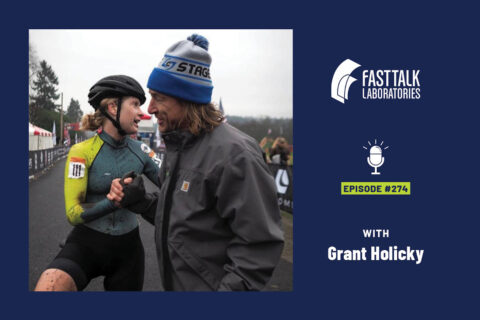
In this roundtable discussion, we dive into how personal connections between athletes and coaches may be more important than training plans.
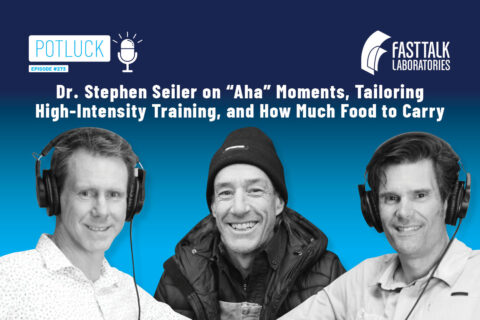
Welcome to another potluck conversation with regulars Grant Holicky, Trevor Connor, and Rob Pickels. In these discussions, we pick topics that we find interesting and break them apart using a mix of science, humor, and our own experience. This week’s potluck is a special episode because joining us is Dr. Stephen Seiler. He’s going to […]
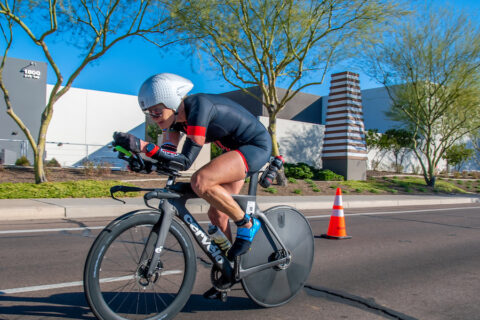
Former XTERRA world champion and coach Melanie McQuaid talks with us about the pros and cons of top athletes becoming coaches.
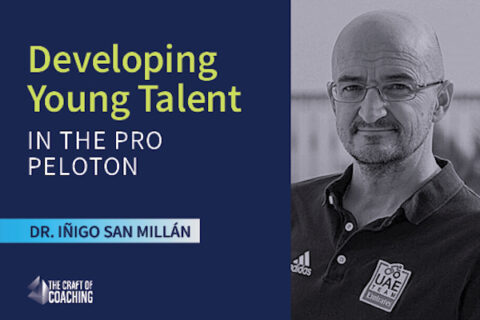
At age 18, Spanish cyclist Juan Ayuso signed with World Tour team UAE Team Emirates. In this podcast, Dr. San Millán discusses Ayuso’s successful move to the pro peloton and the obstacles facing American junior cyclists.
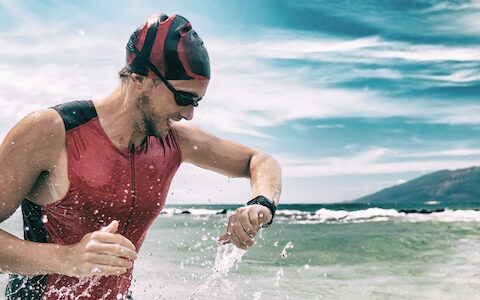
We all need goals to help us stay on track, but what’s the secret to effective goal setting? Two top coaches share their secrets.
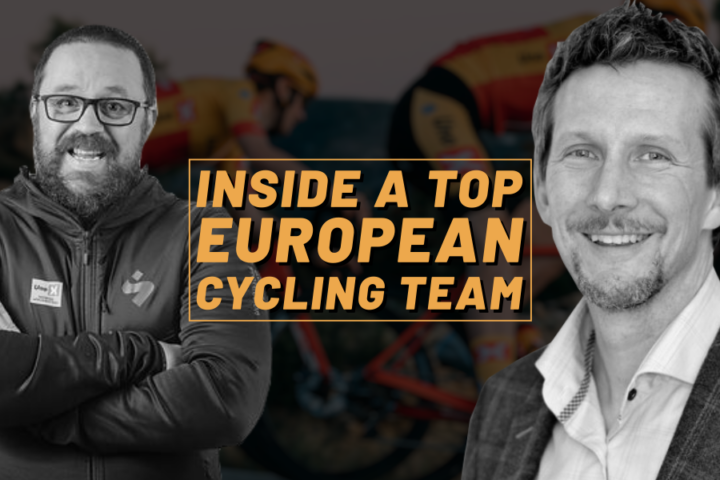
Espen Aareskjold, coach of Uno-X Pro Cycling, talks with Dr. Seiler about how he develops some of the best cyclists in the world.
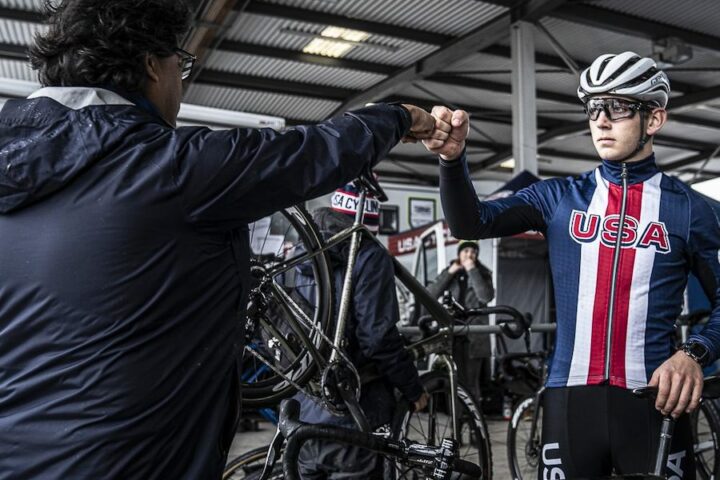
We explore the past, present, and future of coach education with Joe Friel and Jon Tarkington.
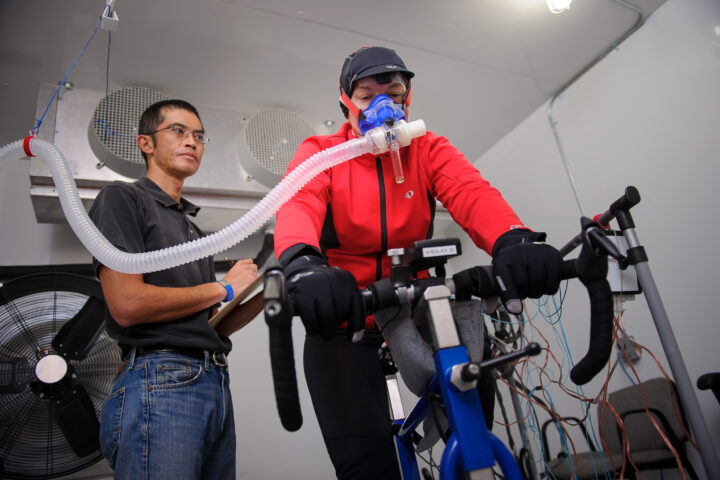
Heart rate, power, and now breathing: they all have their own languages and tools that are critical to endurance sports, but you might not have known that breathing is also trainable.
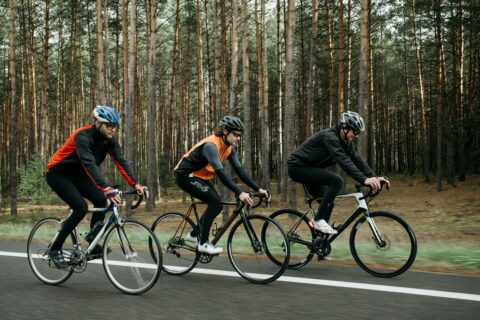
We explore why it’s important for athletes, coaches, and self-coached athletes to balance science, racing, and coaching.